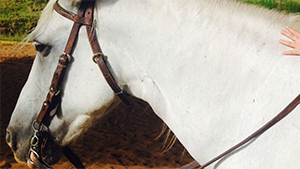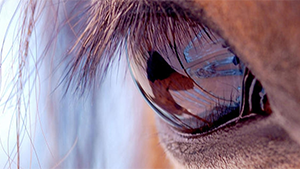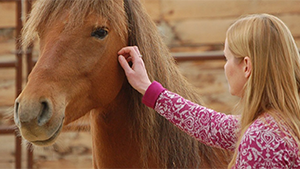Today, March 22nd, we celebrate World Water Day, a day dedicated to reflecting on the importance of this vital resource for all living beings and the sustainability of our planet. This celebration is promoted by the United Nations (UN), which aims to highlight the urgent need for water conservation and responsible use worldwide.
While we raise awareness of the importance of water for agriculture, industry, and wildlife, it is also essential to remember our four-legged friends—horses. Water plays a crucial role in the health and well-being of these magnificent animals, as well as in all forms of life.
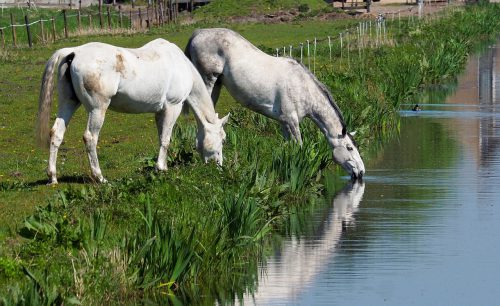
Agriculture, for example, is one of the sectors that consumes the most water, using it not only for food production but also for animal welfare. Horses, like other livestock, depend on water to stay hydrated, regulate their body temperature, and ensure proper physiological function.
Furthermore, water plays a fundamental role in agricultural production, being essential for irrigating crops and producing food for humans and animals. Therefore, water conservation and efficient use in agriculture are essential to ensure food security and the livelihoods of millions of people around the world. As we celebrate World Water Day, we must reflect on our role in conserving this precious resource and promoting animal welfare. We must ensure our horses have adequate access to clean, fresh water, in addition to adopting sustainable practices in agriculture and livestock.
Together, we can protect the health of our horses, preserve the environment, and ensure a sustainable future for future generations. Let’s use this World Water Day to renew our commitment to conserving this vital resource and promoting the well-being of all living beings on our planet.
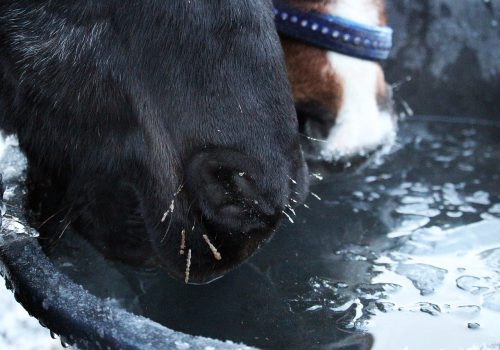
Problems and Diseases Horses Can Suffer from Without Adequate Access to Water:
Dehydration: Lack of water can lead to dehydration, which is characterized by the loss of essential body fluids. This can result in lethargy, weakness, decreased urine production, and, in severe cases, organ damage and even death.
Colic: Dehydration can also increase the risk of colic in horses. Colic is acute abdominal pain that can be caused by a variety of factors, including inadequate water intake. Symptoms include agitation, excessive sweating, teeth grinding, and an inability to lie down comfortably.
Heatstroke: Horses exposed to intense heat without adequate access to water are at risk of developing heatstroke. This occurs when the horse’s body temperature rises dramatically, leading to symptoms such as rapid, shallow breathing, weakness, a rapid heart rate, and, in severe cases, collapse and death. Kidney
Problems: Chronic dehydration can negatively affect horses’ kidneys, leading to kidney problems such as stones and urinary tract infections. This can result in discomfort, difficulty urinating, blood in the urine, and, in severe cases, kidney failure.
Decreased Performance: A lack of adequate water can affect a horse’s athletic performance and endurance. Without adequate hydration, horses can become lethargic, have difficulty moving, and show a general decrease in energy and vigor during physical activity.
Therefore, ensuring our horses have constant access to clean, fresh water is essential to prevent

